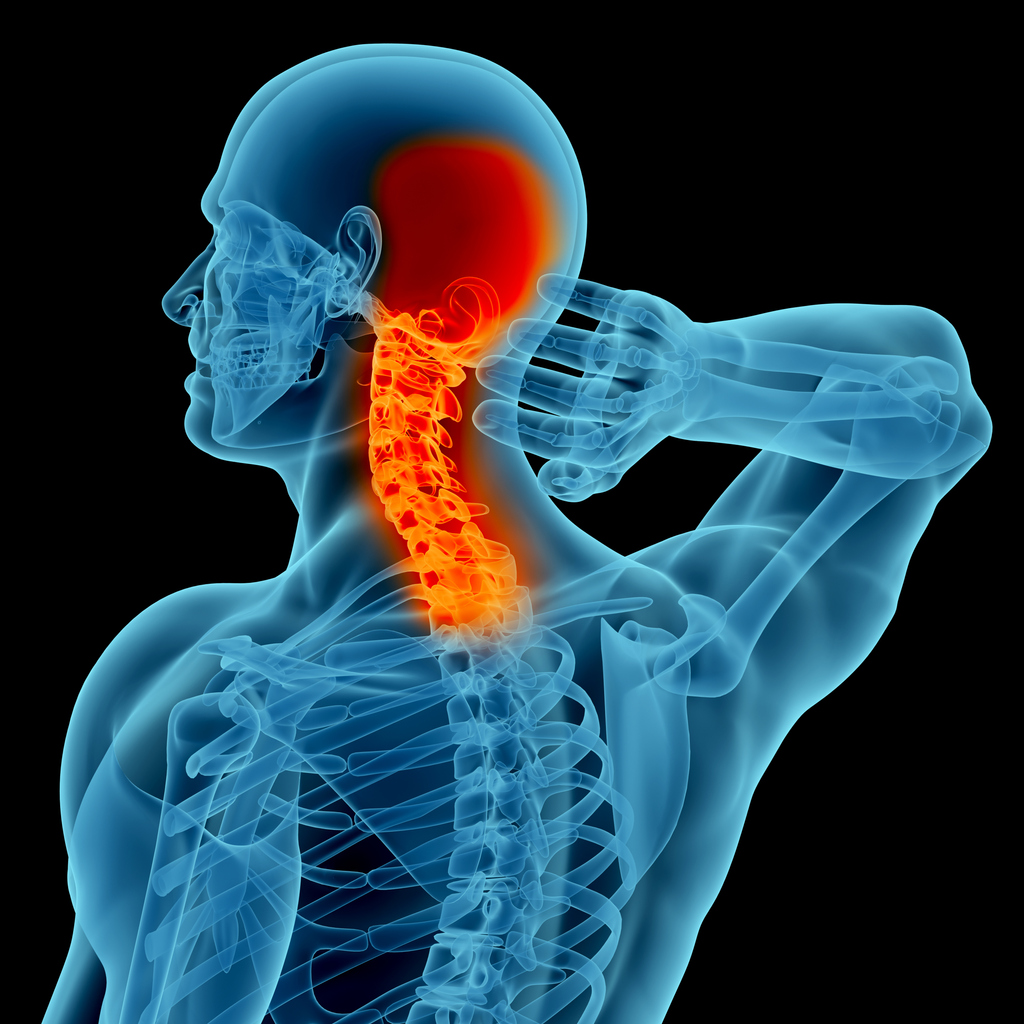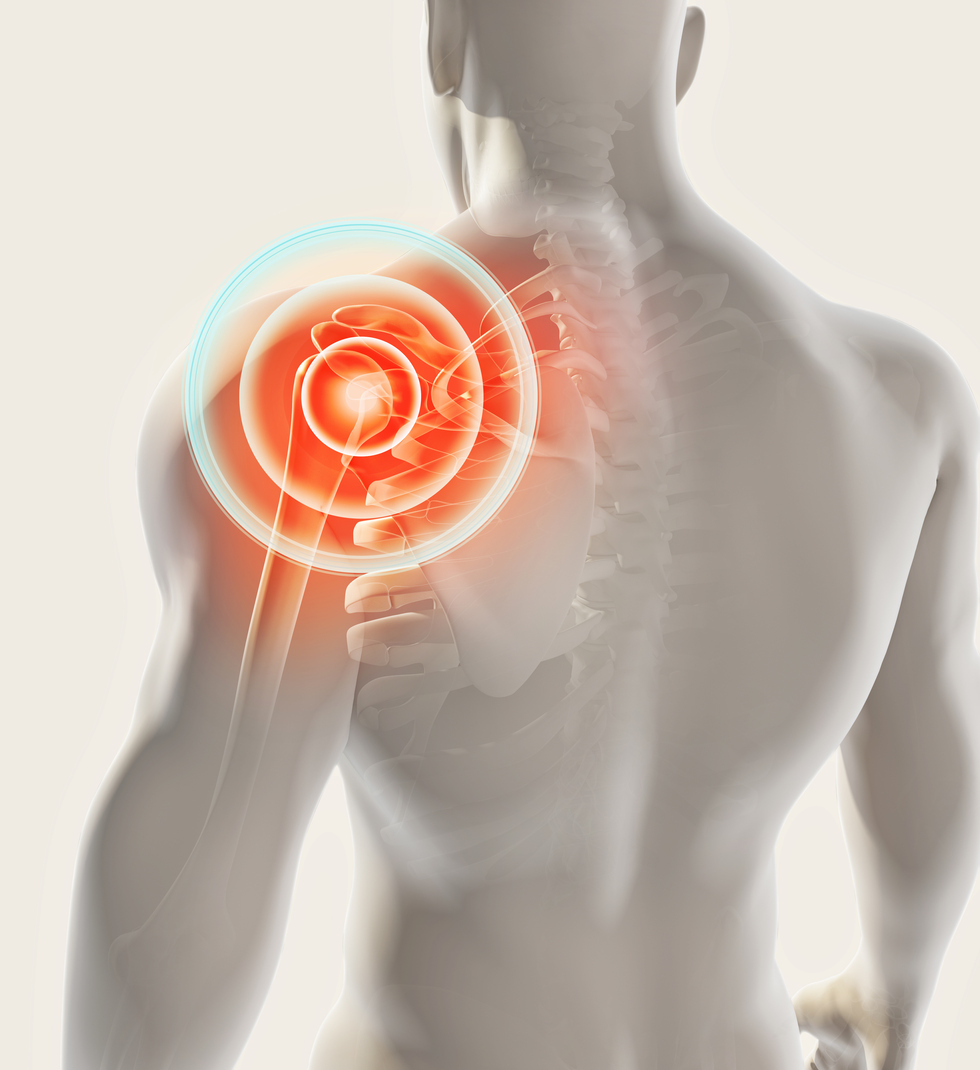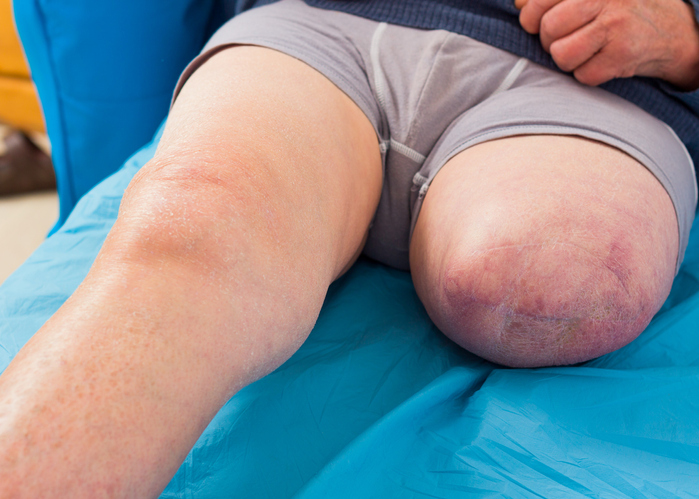Pain
Chronic Pain in Seniors

Chronic pain is more prevalent in seniors than the general population. The most common causes of chronic pain in seniors include arthritis, cancer, and neurologic diseases. Untreated chronic pain in this age group can lead to various negative consequences, including decreased physical functioning; isolation; mental health issues, such as depression or anxiety; and reduced quality of life. It may also worsen other health conditions, such as diabetes and high blood pressure.
Challenges of treating chronic pain in seniors
Chronic pain in seniors tends to be undertreated. Some seniors believe that chronic pain is a normal part of the aging process or something with which they have to live. Others may not seek treatment because they fear a serious diagnosis, such as cancer, or they fear potential medical procedures. Furthermore, seniors with cognitive issues may have difficulty expressing their pain.
Chronic pain treatments
When chronic pain in seniors is properly diagnosed, it can be managed with various treatments, including the following:
- Physical therapy
- Massage therapy
- Cognitive behavioral therapy
- Topical medications, such as ointments or patches
- Medical procedures, such as joint replacement surgery
- Over-the-counter or prescription pain medications
Medication treatment considerations for chronic pain in seniors
Health care professionals typically begin pain medication treatment in seniors with a relatively low dose and gradually increase the dosage until pain is managed. Medication treatment for chronic pain in seniors requires extra care and consideration for several reasons:
- Seniors are more susceptible to medication side effects than other age groups.
- Seniors are more likely to have other existing medical conditions that require the use of medication. Depending on the specific types of medication, interactions with pain medication may be an issue.
- Pain medications are processed differently in seniors than they are in younger adults. Seniors tend to have higher percentages of body fat and lower percentages of water weight and muscle mass which affects the processing of water-soluble and fat-soluble drugs.
- Liver and kidney function typically decrease with age which affects the breakdown of drugs in the liver and the removal of drugs from the kidneys.
Despite the unique challenges of diagnosing and treating chronic pain in seniors, their chronic pain can be managed and treated, improving their quality of life.


















